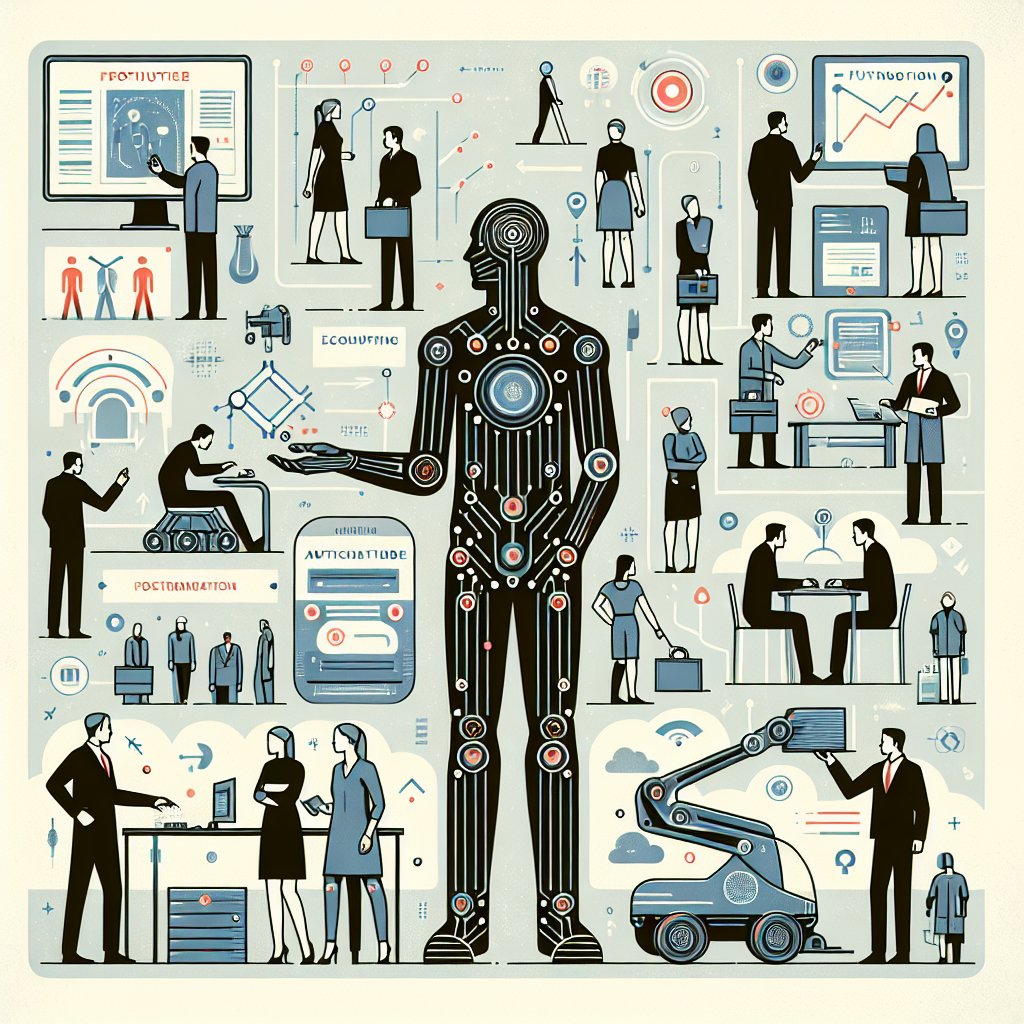10 Things You Didn’t Know About Jobs Available In The Future can reshape how you plan a career, especially if you’re preparing for rapid technological and social change. This article highlights surprising trends, emerging roles, and practical steps to stay employable as industries evolve. Read on to discover lesser-known facts and realistic actions you can take today to be ready for tomorrow’s work.
Ten surprising things about jobs available in the near future
Many conversations about the future of work focus on the same few topics: automation, AI, and remote work. While those are crucial, there are subtler shifts that deserve attention. Below are ten items that are often overlooked but will matter for career planning, hiring, and education strategies.
1. Hybrid human-AI roles will outnumber pure automation jobs
Rather than replacing humans outright, AI will create roles that require human judgment plus AI management or oversight. Expect job titles that mix domain expertise with model governance, such as clinical-AI liaison, AI behavior auditor, or creative prompt engineer.
2. Microcredentials will become currency
Short, stackable certificates from universities, professional organizations, or even employers will carry significant weight. Hiring managers will increasingly prefer proven skill clusters over long, generic degrees, especially in fast-moving fields like data privacy and edge computing.
3. Ethical and governance jobs will proliferate
As technology impacts society more directly, demand will grow for ethicists, compliance designers, and policy translators in corporations and governments. These roles blend philosophy, law, and technical understanding to steer product development responsibly.
4. Soft skills will be paid more than ever
Complex problem-solving, cross-cultural collaboration, and emotional intelligence will differentiate top candidates. Machines handle repetitive cognitive tasks; humans who can integrate perspectives, persuade stakeholders, and navigate ambiguity will be rewarded.
5. Climate and resilience careers will spike
Jobs focused on climate adaptation—urban resilience planners, carbon accounting analysts, and ecosystem service designers—will appear across sectors from finance to construction as organizations prepare for physical and regulatory impacts.
6. Longevity economy roles are emerging
Longer lifespans will create demand for services aimed at extended midlife careers, retraining consultants, age-friendly tech designers, and healthcare models tailored to chronic but manageable conditions.
7. Cross-disciplinary fluency will be a hiring premium
Expect to see job descriptions asking for a blend of biology and coding, design and ethics, or supply chain knowledge plus AI literacy. Employers will pay more for candidates who can operate at these intersections.
8. Decentralized work structures will create new managerial types
With more distributed teams and gig contributors, organizations need roles that specialize in asynchronous coordination, digital trust-building, and contributor lifecycle management rather than traditional day-to-day supervision.
9. Data stewardship and privacy roles will expand
Data governance, privacy engineering, and transparency reporting will be critical as regulators and consumers demand accountability. These roles are technical and policy-oriented, often housed in legal, IT, or product functions.
10. Career paths will be nonlinear and portfolio-based
People will craft careers from projects, short-term contracts, and entrepreneurial stints. Portfolios of verified work and demonstrable outcomes will matter more than rigid ladders, and institutions that recognize alternative credentials will have hiring advantages.
How to prepare and where to look
Preparation combines skill investment, networking, and smart job search strategies. Start by identifying cross-cutting skills you can apply across roles, build a portfolio of demonstrable projects, and keep learning in short, targeted bursts. For students and early-career professionals especially, targeted job boards and guides can speed up the search process—see this ultimate guide to job boards for college students in the USA for curated options and tips.
For macro-level projections about which occupational groups are expected to grow or decline, consult reputable labor statistics such as the BLS Employment Projections overview, which provides data-backed context for long-term planning.
Quick action checklist
- Identify one cross-disciplinary skill to develop this quarter (e.g., data visualization for health topics).
- Earn a microcredential linked to a specific job function.
- Build a short portfolio item showing real impact (3–6 months).
- Network with professionals in emerging fields through niche communities and events.
FAQ
Q: Will AI eliminate most entry-level jobs?
A: Some entry-level tasks will be automated, but new entry pathways will open in AI oversight, data annotation design, and service roles that require human nuance. Upskilling and microcredentials can bridge the gap.
Q: How long will current degree programs remain useful?
A: Degrees retain value for foundational knowledge and credibility, but their relevance depends on regular skills refreshment. Combining a degree with short courses and project experience is the safest bet.
Q: What industries should I watch for opportunities?
A: Healthcare tech, renewable energy and resilience, AI safety and governance, and education technology are high-growth areas where interdisciplinary talent is especially valuable.



